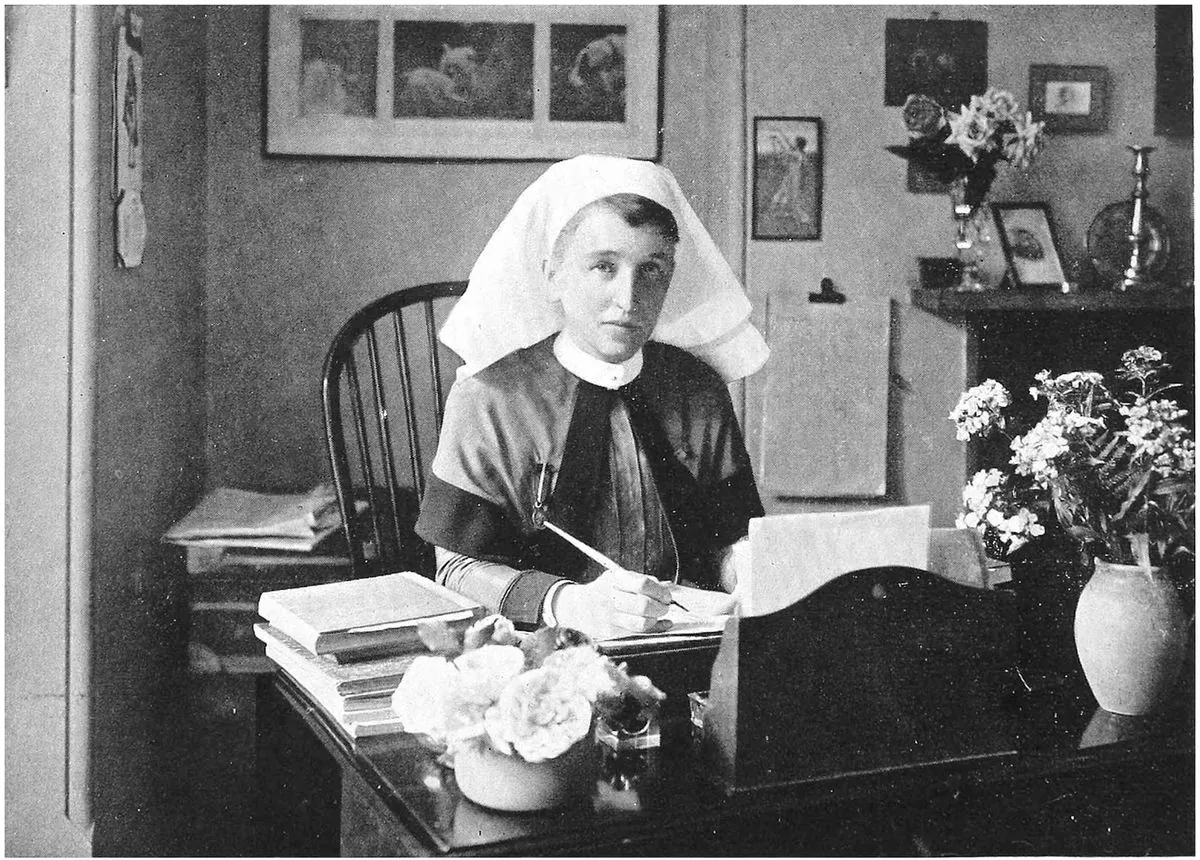In northwest Moscow early this year a routine eye check-up at Polyclinic No 140 turned into a life-changing event when Anastasia Akinshina reported her sons doctor for alleged anti-Russian statements
The incident led to the arrest of Nadezhda Buyanova a 68-year-old pediatrician with decades of experience (who moved from Ukraine to Russia about 30 years ago). The whole case started during an 18-minute appointment that ended with serious accusations: the mother claimed the doctor made unsympathetic comments about her husband who died in combat
The evidence against Buyanova relied mostly on one persons testimony; however the court found it enough to give a harsh sentence. This week the doctor got 5-and-a-half years in a penal colony – a decision that shocked many medical professionals
I cant get my head around it
The case fits into a wider pattern of citizen-reporting thats become more common lately. Rights groups say there are:
- 21 big political cases from peoples reports
- 175 smaller army-related charges
- 79 fines given after someone informed
The medical community showed strong support for their colleague. More than 1000 doctors signed an open letter saying this kind of prosecution might push young people away from medicine; some even made protest videos wearing their work clothes
The prosecution used messages from Buyanovas phone to paint her as pro-Ukrainian but her lawyer Oscar Cherdzhiyev says these werent hers. He thinks the accuser acted with bad intentions because of the doctors Ukrainian background
The whole situation reminds many of past times – a doctors career ended because of an 18-minute talk that nobody else heard. Two clinic workers said they saw Akinshina upset after the visit but couldnt confirm what happened inside
